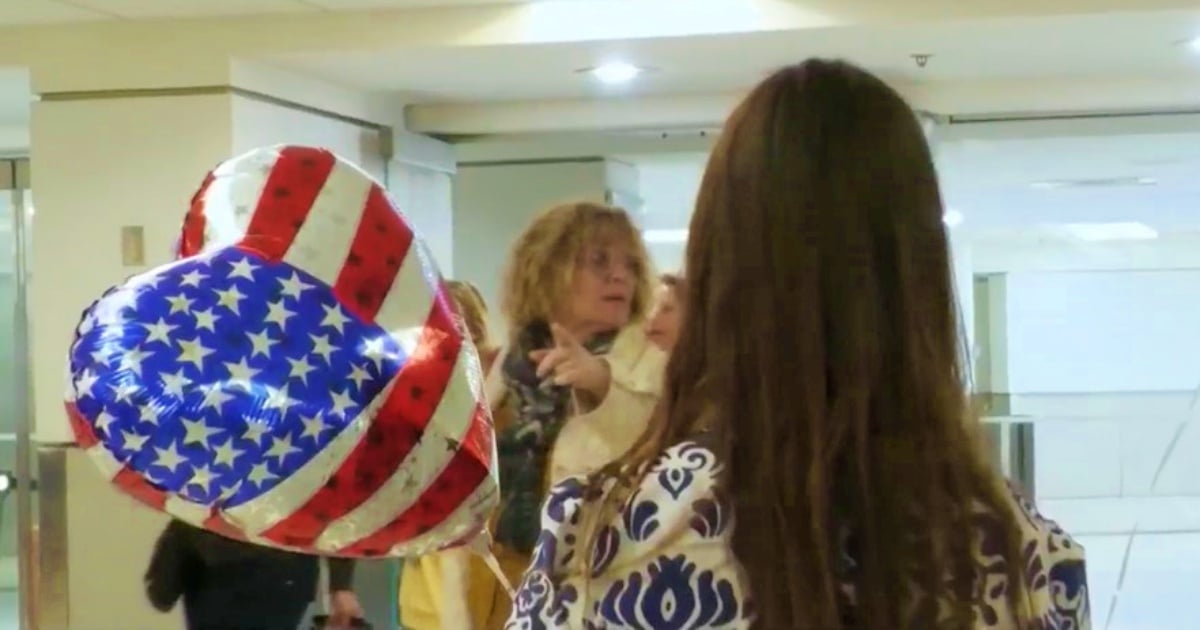A spokesperson for the U.S. Department of Homeland Security (DHS) has warned that migrants entering the country from Cuba, Haiti, Nicaragua, and Venezuela under the humanitarian parole program will have only two years to regularize their immigration status, or they will face deportation.
According to statements reported by Univision, "any discretionary grant of parole will be for a temporary period of up to two years," and "those who are not granted asylum or other immigration benefits will need to leave the United States at the end of their authorized parole period or will generally be placed in removal proceedings after their parole period expires."
During this period, beneficiaries must seek other available legal programs if they wish to remain in the country beyond the given time. Migrants who fail to obtain asylum or other immigration benefits must leave the United States at the end of their parole authorization, in accordance with DHS regulations.
Sponsor Responsibilities and Implications
Regarding the role of sponsors and their responsibilities to the government when committing to cover the costs of the migrant's stay, Ezequiel Hernández, an attorney practicing in Phoenix, Arizona, explained to the mentioned media outlet that "they have a legal responsibility to cover the expenses incurred by the immigrant, ensuring they do not become a public charge to the United States. This includes housing, food, medical care, transportation, and overall well-being."
If the migrant exceeds their stay and fails to adjust their status, it will affect the sponsors, though they will not have legal responsibility if, for example, the individual commits a crime. Should the government initiate deportation proceedings, it will directly impact the immigrant. The DHS might contact the sponsor to locate the humanitarian parole beneficiary, but the sponsor will not face imprisonment for this reason.
The latest report from the Customs and Border Protection (CBP) indicates that as of August, more than 110,000 Cubans, 210,000 Haitians, nearly 93,000 Nicaraguans, and almost 117,000 Venezuelans had entered the country under humanitarian parole.
This program, expanded in 2023 to include citizens from the mentioned countries, was initially implemented in October 2022 to manage the increasing pressure at the U.S.-Mexico border, particularly from Venezuelan migrants fleeing the crisis in their country caused by the dictatorship of Nicolás Maduro.
The expansion of the program responds to the need to regulate migratory flows and ensure a more controlled and organized entry. To be eligible for humanitarian parole, migrants must have a financial sponsor in the United States who meets certain requirements. They must also undergo biometric and biographical checks to verify their identity and background.
This permit does not grant permanent residency nor does it provide a direct path to U.S. citizenship. However, it allows beneficiaries to work legally during their stay in the country. The goal of these measures is to offer a temporary alternative to migrants fleeing difficult conditions in their home countries, giving them the opportunity to remain in the United States for a limited period while exploring legal options for permanent settlement.
However, those who do not manage to change their immigration status within the established timeframe will face the risk of deportation.
Understanding Humanitarian Parole for Migrants
This section aims to address common questions regarding the humanitarian parole program for migrants from Cuba, Haiti, Nicaragua, and Venezuela.
What is the humanitarian parole program?
The humanitarian parole program allows migrants from certain countries to enter the United States temporarily, typically for up to two years, while they seek asylum or other immigration benefits.
What happens if migrants do not adjust their status within two years?
Migrants who do not adjust their status within the two-year period must leave the United States or will generally be placed in removal proceedings.
What responsibilities do sponsors have?
Sponsors are legally responsible for covering the immigrant's expenses, including housing, food, medical care, transportation, and overall well-being, ensuring the immigrant does not become a public charge.
